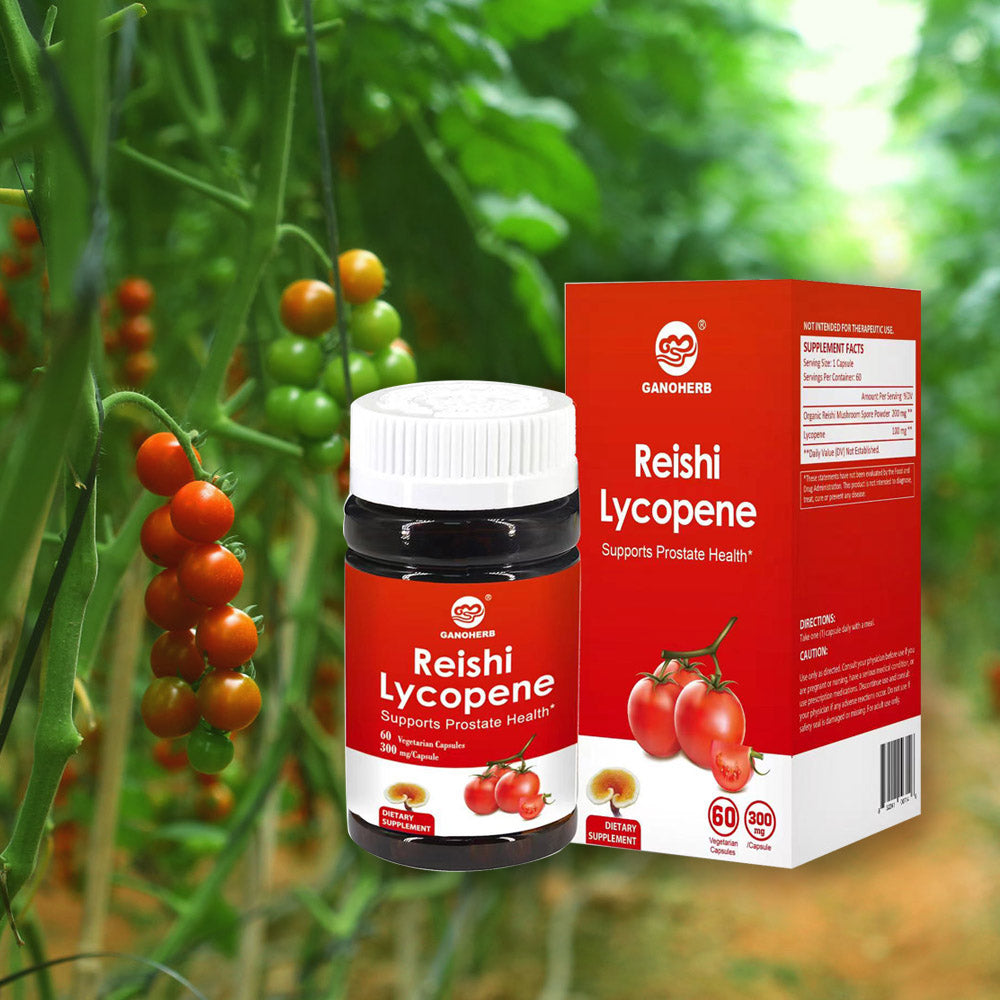5 Key Differences Between Pumpkin Seed Oil Capsules and Liquid Oil
When it comes to incorporating natural oils into daily routines, many people are curious about the various forms available. Among these, pumpkin seed oil has gained attention, particularly in the convenient form of capsules. This article delves into the specifics of pumpkin seed oil capsules, highlighting how they stand apart from traditional liquid versions. Whether you're new to this product or considering a switch, understanding these distinctions can help you make an informed choice. We'll explore aspects like convenience, composition, and practical applications, all while keeping the focus on factual information about pumpkin seed oil capsules.

The Origins of Pumpkin Seed Oil
Pumpkin seed oil has a rich history that dates back centuries, particularly in regions like Central Europe, where it was traditionally produced from specific pumpkin varieties. The process involved roasting and pressing pumpkin seeds to extract the oil, resulting in a dark, aromatic liquid. Over time, this practice evolved, and today, pumpkin seed oil is available in multiple forms, including the increasingly popular pumpkin seed oil capsule. These capsules encapsulate the oil in a stable, easy-to-handle format, making it accessible to a wider audience. The transition from liquid to capsule form represents a modern twist on an age-old tradition, allowing users to enjoy the essence of pumpkin seed oil without the mess or strong flavor. This historical context adds depth to the appeal of pumpkin seed oil capsules, connecting past practices with contemporary convenience.
How Pumpkin Seed Oil Capsules Are Produced
The production of pumpkin seed oil capsules involves a meticulous process that starts with sourcing high-quality pumpkin seeds. These seeds are typically cold-pressed to extract the oil, which helps preserve its natural properties. Once extracted, the oil is purified and then encapsulated in a soft gel shell, often made from materials like gelatin or plant-based alternatives. This encapsulation process ensures that the pumpkin seed oil remains fresh and protected from oxidation, which can degrade the oil over time. Unlike liquid pumpkin seed oil, which may require refrigeration and careful handling, the capsule form offers a sealed environment that maintains consistency. This method of production not only enhances the shelf life of pumpkin seed oil but also standardizes each dose, providing a reliable way to incorporate it into daily habits. The attention to detail in manufacturing pumpkin seed oil capsules underscores their role as a practical option for those seeking consistency and ease.
Breaking Down the Composition
Pumpkin seed oil is known for its unique composition, which includes a blend of fatty acids, antioxidants, and other natural compounds. In a pumpkin seed oil capsule, this composition is carefully preserved to ensure it mirrors that of the liquid form. The oil typically contains a balance of unsaturated fats, along with minor components that contribute to its characteristic color and aroma. When encapsulated, these elements are locked in, preventing exposure to air and light that could alter them. This makes pumpkin seed oil capsules a consistent source of these components, without the variability that might occur with bottled oil. It's worth noting that the capsule itself is designed to dissolve easily in the digestive system, releasing the oil for absorption. This focus on composition highlights how pumpkin seed oil capsules deliver the same intrinsic qualities as the liquid, but in a more controlled manner.
Comparing Capsules to Liquid Forms
One of the most common questions about pumpkin seed oil is how the capsule form compares to the liquid version. The first key difference lies in convenience: pumpkin seed oil capsules are portable and pre-measured, eliminating the need for spoons or droppers. This makes them ideal for travel or busy lifestyles, whereas liquid oil can be messy and require storage considerations. Second, taste and odor are factors; liquid pumpkin seed oil has a distinct, robust flavor that some find overpowering, but pumpkin seed oil capsules bypass this issue entirely, as they are swallowed without any taste sensation. Third, dosage accuracy is enhanced with capsules, as each one contains a precise amount of oil, unlike liquid forms where measurements can vary. Fourth, shelf stability is improved in capsule form, as the encapsulation protects the oil from rancidity, whereas liquid oil may degrade faster if not stored properly. Finally, cost and accessibility can differ; while liquid pumpkin seed oil might be more common in certain markets, pumpkin seed oil capsules are often available in standardized packages that appeal to those seeking consistency. These differences make pumpkin seed oil capsules a compelling alternative for many users.

Everyday Uses and Applications
Pumpkin seed oil capsules are versatile and can be integrated into various daily routines. For instance, they are commonly used as a dietary supplement, taken orally with water. Unlike liquid oil, which might be drizzled over foods, capsules offer a discreet option that doesn't interfere with meals or beverages. Some people appreciate how pumpkin seed oil capsules fit seamlessly into morning or evening rituals, similar to other supplements. In addition, the encapsulated form allows for easy combination with other routines, such as fitness or wellness practices, without the need for additional preparation. It's also worth mentioning that pumpkin seed oil capsules can be stored in a pill organizer, making them a tidy choice for those who prioritize organization. While liquid pumpkin seed oil might be favored in culinary settings for its flavor, the capsules provide a straightforward way to enjoy the oil's inherent qualities without culinary experimentation. This adaptability makes pumpkin seed oil capsules a practical addition to many lifestyles.
Tips for Selecting Quality Capsules
When choosing pumpkin seed oil capsules, several factors can help ensure you're getting a reliable product. First, look for capsules that specify the source of the pumpkin seeds, as high-quality seeds often result in a better oil. The extraction method is also important; cold-pressed oils are generally preferred for their minimal processing. Check the ingredient list to confirm that the capsule contains pure pumpkin seed oil without unnecessary additives. Packaging matters too—opt for bottles that are dark or opaque to protect the capsules from light, which can affect the oil's stability. Additionally, consider the capsule material; if you have dietary preferences, you might seek out plant-based capsules instead of gelatin. Reading reviews or researching brands can provide insights into the consistency and reliability of the pumpkin seed oil capsules. By paying attention to these details, you can select a product that aligns with your expectations for quality and purity, ensuring a positive experience with pumpkin seed oil capsules.
Frequently Asked Questions
Q1: What exactly is inside a pumpkin seed oil capsule?
A1: A pumpkin seed oil capsule typically contains cold-pressed oil derived from pumpkin seeds, encapsulated in a soft gel shell to preserve freshness and ensure easy consumption.
Q2: How should I store pumpkin seed oil capsules to maintain their quality?
A2: It's best to store pumpkin seed oil capsules in a cool, dry place away from direct sunlight, as exposure to heat and light can compromise the oil's stability over time.
Q3: Can pumpkin seed oil capsules be used in cooking or recipes?
A3: While pumpkin seed oil capsules are designed for oral supplementation, the oil inside can theoretically be used in cooking if the capsule is punctured, but this is not common due to the convenience of liquid forms for culinary purposes.
Q4: Are there any specific times of day recommended for taking pumpkin seed oil capsules?
A4: There's no strict rule, but many people incorporate pumpkin seed oil capsules into their morning or evening routines with a glass of water, depending on personal preference and habit.
Q5: How do pumpkin seed oil capsules compare to other oil-based supplements in terms of composition?
A5: Pumpkin seed oil capsules have a unique fatty acid profile derived from pumpkin seeds, which may differ from other oils like flaxseed or fish oil, but each type offers distinct characteristics based on its source.











